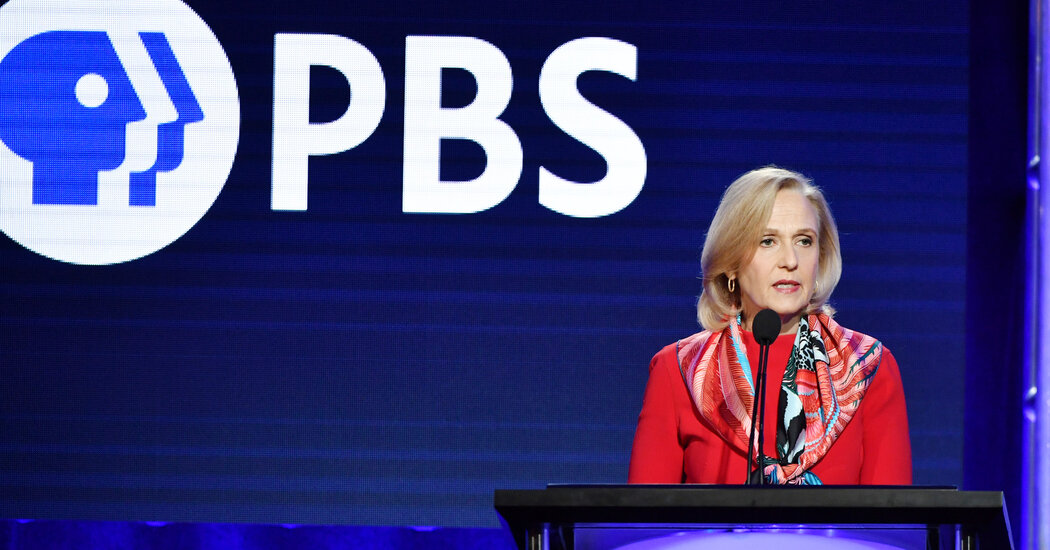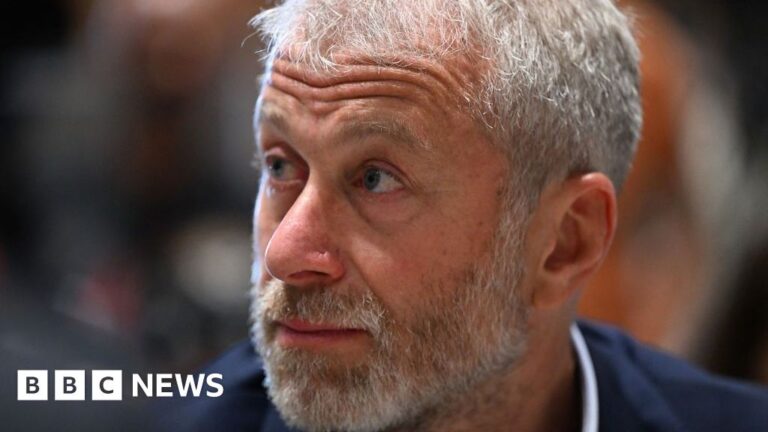Here is the result in plain text:
PBS is practicing answers with lawyers. NPR executives are preparing to monitor the fallout. Members of Congress are promoting the star witnesses — the leaders of the two public media networks — as if they were combatants in a prizefight.
They’re all getting ready for a hearing on Wednesday — ominously titled “Anti-American Airwaves” — organized by Representative Marjorie Taylor Greene, the Georgia Republican who leads a House subcommittee tied to Elon Musk’s efforts to cut federal spending.
Ms. Greene said in an interview that she planned to call on the two top witnesses, Paula Kerger, the chief executive of PBS, and Katherine Maher, the chief executive of NPR, to address what she sees as liberal bias at their organizations. She also reiterated her support for defunding PBS and NPR, a move being pushed by many backers of President Trump.
The executives say they are prepared to defend the work produced by their organizations and the government funding that helps support it.
“Everything is at stake,” Ms. Kerger said in an interview. “The future of a number of our stations across the country will be in jeopardy if this funding is not continued.”
Employees of NPR and PBS, as well as supporters of the organizations, are anxiously awaiting the hearing. For more than a half-century, Republicans in Congress have sought to cut back funding for PBS and NPR, to no avail. But the threat has perhaps never been greater.
Congressional Republicans this year have introduced bills that would eliminate funding for public media, and Mr. Musk has publicly called for something similar from his Department of Government Efficiency, a secretive office that has taken aim at federal spending.
Cuts from either Congress or Mr. Musk’s effort could weaken the organizations’ networks of TV and radio stations, which extend from New York City to Nome, Alaska.
The Corporation for Public Broadcasting, the government-supported organization that has backed public radio and television since its creation in 1967, received $535 million from the government for this year. While the financial support that the Corporation for Public Broadcasting gives to NPR and PBS is relatively small, about 1% of NPR’s budget and 15% of PBS’s budget, it provides a larger proportion of funding for some of their smaller stations.
“As a member of the public media system, we know that federal funding is essential to ensuring all of America can hear and be heard on a truly national network,” Ms. Maher said in an email.
Some worry that Ms. Kerger and Ms. Maher will be subjected to the same combative interrogation that the presidents of Harvard and the University of Pennsylvania faced in a hearing about campus antisemitism in 2023. Both presidents resigned not long after their testimony.
Conservatives have been especially critical of NPR and Ms. Maher. Many have seized on an essay written a year ago by Uri Berliner, a former senior editor at NPR, who took aim at perceived left-wing bias at NPR. The essay, for The Free Press, a digital start-up, landed weeks after Ms. Maher joined NPR following a stint as the top executive of Web Summit, an organization that holds technology events around the world.
Ms. Maher, 41, said that she had met with members of Congress over the last year to hear their concerns and that the network had put in place “measures designed to reinforce our commitment to journalism for all Americans.”
Critics of NPR have also zeroed in on social media posts from Ms. Maher before she joined NPR, in which she expressed support for progressive politicians and causes. They have also taken issue with a speech, delivered before she joined NPR, in which Ms. Maher said that “reverence for the truth might be a distraction.”
NPR said in April, when criticism of the social media posts arose, that Ms. Maher had upheld its code of ethics since her arrival. Ms. Maher said the clip from her speech “misconstrues the ideas” she was exploring “about the ways in which people use the word truth to refer to matters of belief, rather than matters of fact, and how that can be a barrier to finding common ground.” She said the talk had also affirmed “the value of truthful facts.”
Ms. Kerger, 67, who joined PBS as its chief executive in 2006, said she was preparing for the hearing by reviewing her testimony with legal counsel. Ms. Maher told staff members last month that she was preparing with so-called murder boards, rigorous question-and-answer sessions that aim to expose potential weaknesses, and NPR’s executives are planning to monitor the hearing.
“I’m pretty what-you-see-is-what-you-get, and this is what I’m sure you will see at the hearing, too,” Ms. Kerger said. “But I do need to make sure that I am paying attention to the specifics so I’m as accurate as I can be.”
… (continues)
Source link




